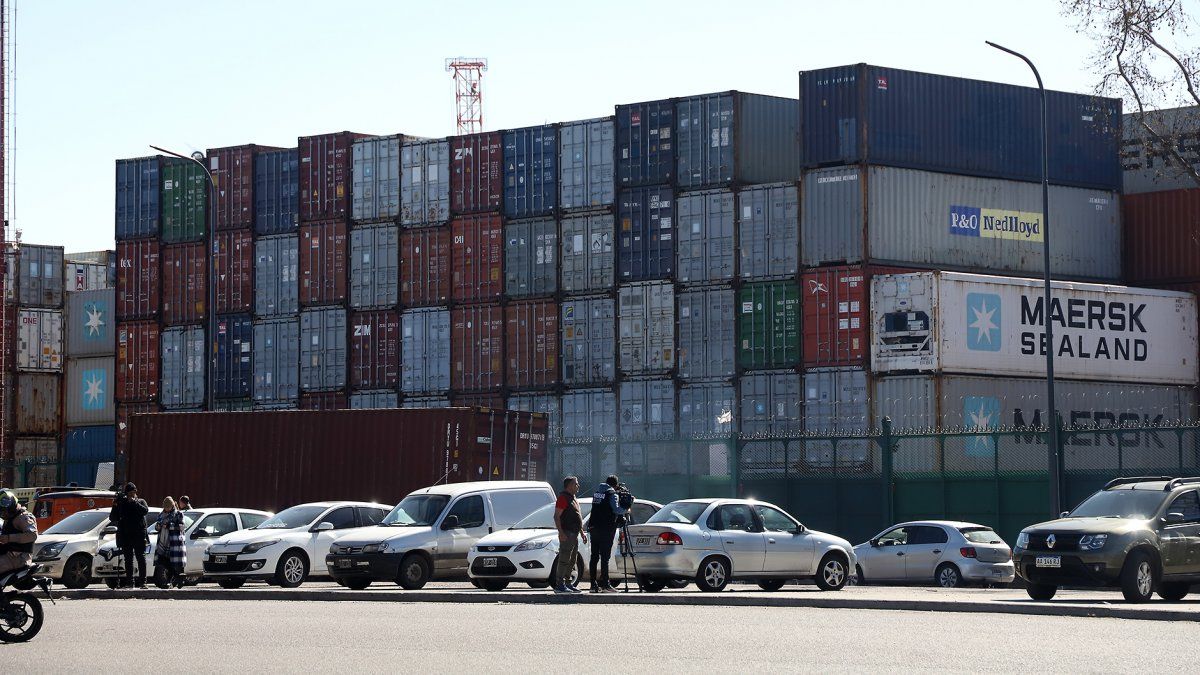The data arises from comparing the information of the exchange balance of the Central Bank with that of the Argentine Commercial Exchange (ICA) prepared by the National Institute of Statistics and Censuses (INDEC). In the first case, the flow of dollars is measured, while in the second, the accrued one.
In the case of exports, in the previous 12 months they entered US$90,534 million, although the INDEC reported sales for a total of US$88,446 millionwhich implies a difference of US$2,088 million.
by the side of imports, in 2022 the cash flow marked an outflow of US$73,074 (for the payment of goods and freight) although operations for US$81,523 were reported million, which left a difference of US$8,449 million. In terms of the Central Bank, it is considered as “commercial credit” of companies.
The differences are notorious when one sees that the trade surplus reported by INDEC based on Customs declarations reached only US$6,923 million while the cash flow left US$17,459 million.
In this regard, a report from the Centro de Estudios Scalabrini Ortiz (CESO) stated that “commercial debt was key in 2022 and could be so in 2023.” “If it has to be cancelled, it will put more pressure on bookings; if it has room to continue increasing, it can help to sustain the level of activity in the year”, he affirmed.
For his part, the consultant Salvador Di Stefano pointed out that “with this debt that the Central Bank has with importers, it is very likely that the exchange rate will deepen.” He pointed out that “this implies that many inputs will stop entering or will do so at a slower rate”, so in his opinion “the economy will hardly be able to grow in 2023, despite the fact that the IMF says otherwise”. With the foreign trade numbers on the table, the economist considers that the Central Bank is “very short of gross and liquid reserves.”
The BCRA data reveals that by the end of 2022, 90% of imports were made on a deferred basis, only 3% was paid on sight and 7% in advance. In this sense, the complaint of importing companies is that, in general, foreign suppliers ask for advance payments.
The Ministry of Economy decided this year to change the control mechanism. The previous Comprehensive Import Monitoring System (SIMI) gave way tol Import System of the Argentine Republic (SIRA) which, according to the official version, offers greater certainty to importers about the moment in which they will be able to access the dollars to pay abroad. A survey carried out by the Argentine Chamber of Commerce and Services (CAC) revealed that since the new scheme was launched, only 25% of operations were authorized.
Source: Ambito




